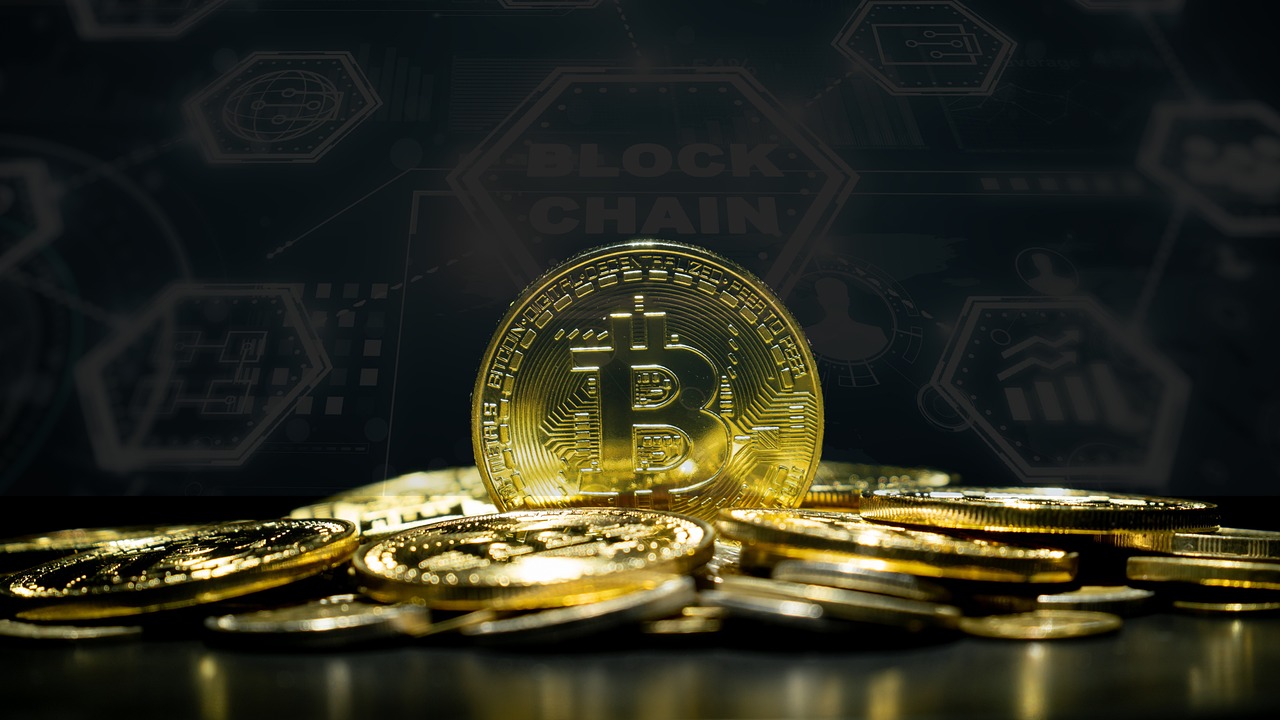Ever since its inception Bitcoin has been reaching the peak of popularity day by day. In particular, the price of Bitcoin has set a record high in history, surpassing all previous records. A few days ago we saw the price of Bitcoin hit its all-time high and the price of Bitcoin rose close to $160,000. Although at one time some states were trying or doing to stop them by creating different policies or laws for Bitcoin.

[source](https://pixabay.com/photos/bitcoin-cryptocurrency-blockchain-6631099/)
And now Bitcoin has gained such popularity that it is considering itself as a reserve asset across the continents. Lawmakers and regulators in many countries across continents now consider Bitcoin as a potential reserve asset. Even lawmakers in many countries as well as countries' regulatory bodies and stakeholders are sharing their views and advising governments that Bitcoin is a transferable store of value held by a central bank that can be used to settle transactions.
Although we know that El Salvador is so far the only country where a Bitcoin reserve has been established. But currently developed countries of the world, including the United States, are considering Bitcoin as part of their foreign exchange reserve diversification strategy. The Czech Republic is currently considering such a move. The governor of the Czech National Bank (CNB) recently expressed his opinion or desire to include Bitcoin as a reserve. He said Bitcoin is being considered as part of the country's foreign exchange reserve diversification strategy
Even now we know that Donald Trump was considered a crypto president even before he was elected president and he declared America the crypto capital of the world. There is already a bill circulating in the US Congress that would force the Treasury to establish a national bitcoin reserve. And the assumption is that 200,000 BTC in annual purchases will yield 1 million BTC in five years. Not only the United States or El Salvador, but other countries of the world are also joining this queue. Brazil is one of them. Moreover, there is growing pressure for governments in other countries such as Hong Kong, Switzerland and Poland to follow suit.
Currently, not only is there pressure or talk on one continent to establish Bitcoin as a reserve asset, but most of the countries on the continent are calling for the regulators and legislators of those countries to consider Bitcoin as a reserve asset. The United States and Brazil may soon join El Salvador as the second and third countries to accept bitcoin reserves. Even in addition to the United States and Brazil, many countries including Russia or Japan, Hong Kong, Switzerland, Venezuela, Germany, Poland, South Africa can added in these countries. If you want to know more details about it then you can read this [news](https://cointelegraph.com/news/bitcoin-reserves-interest-rising) .